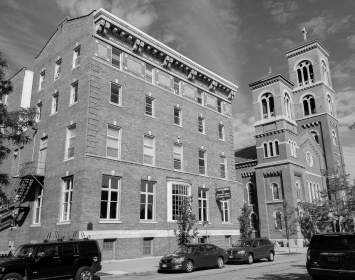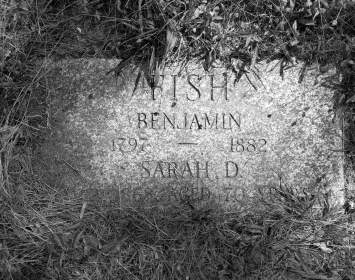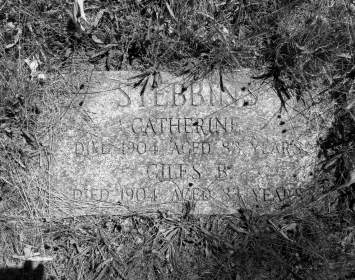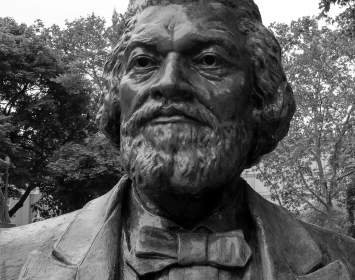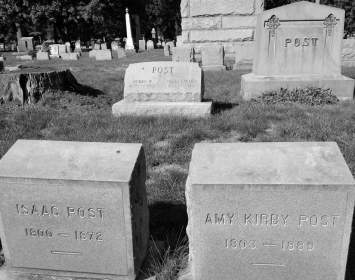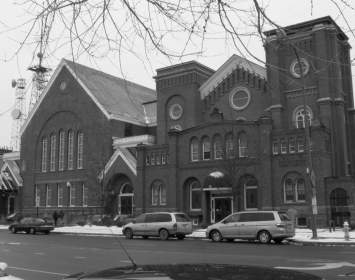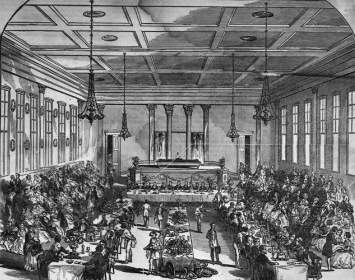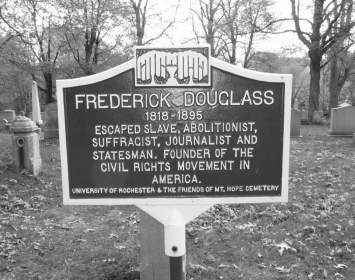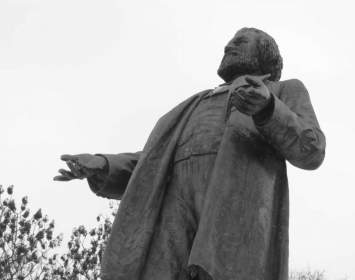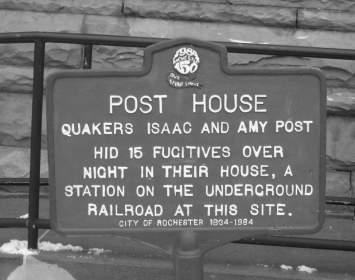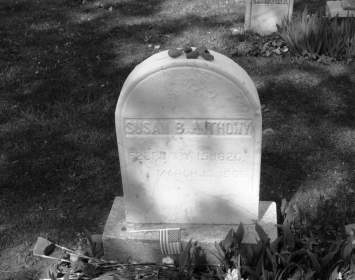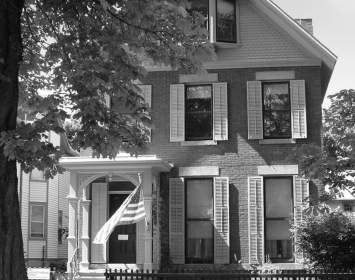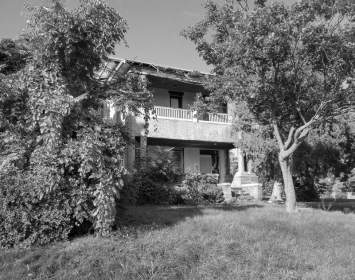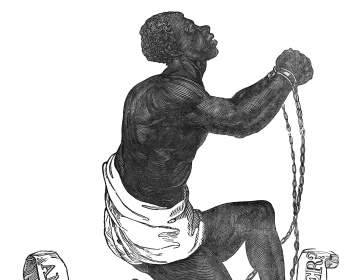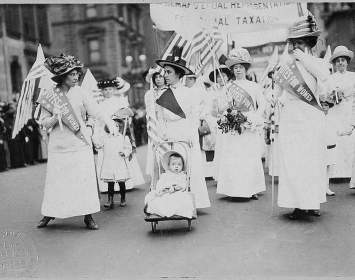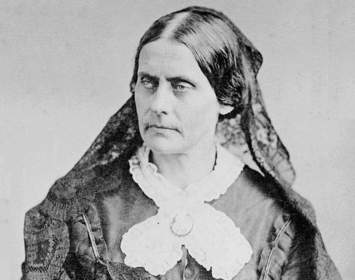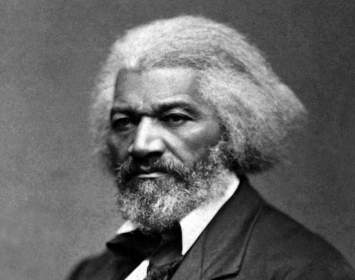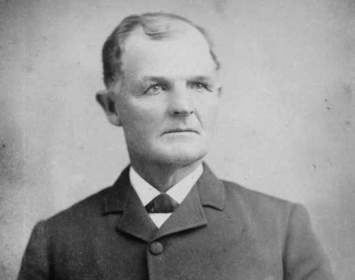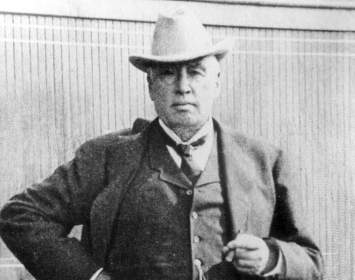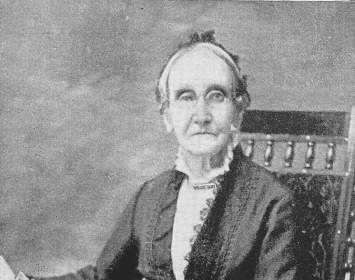Rochester Area Sites
Custom
11.2 Miles
This trail is located entirely in Rochester. The Corinthian Hall and Gault Residence sites are unmarked; the rest contain a historical marker, a historic structure, or a work of public art. All can easily be viewed in a day or less.
Rochester was a hub of abolition and woman’s rights (nineteenth-century practice was to use the singular, woman's; later practice was to use the plural, women's) activity; Susan B. Anthony was deeply committed to both causes. Freethought history, too, happened here, especially on the stage of Corinthian Hall.
Rochester was home to woman’s rights and antislavery activist Susan B. Anthony and to antislavery activists Frederick Douglass and Amy and Isaac Post. Other prominent abolitionists including Benjamin Fish and his wife Sarah, their daughter Catherine Fish and her husband Giles Stebbins are also buried there. Most of the sites on this Curated Trail relate to those four individuals, including their homes and their grave sites. The Central Church building hosted Douglass’s final memorial service. Corinthian Hall—whose site is now occupied by a dreary parking structure—hosted the greatest abolition, suffrage, and freethought speakers of the day. Anthony spoke there; Douglass gave his searing Fifth of July speech from its stage. Robert Green Ingersoll, the nation’s foremost freethought orator, lectured there on at least three occasions. Other freethought history was made in Rochester too, but many of the sites are empty and unmarked. One exception included on this trail is the residence site of regionally prominent freethought activist Elias H. Gault, whose home may (or may not) be the building now standing on that site. Also included on this Curated Trail is the old Rochester Unitarian Church, site of the first major woman's rights convention following Seneca Falls in 1848, and the 1878 convention of the National Woman Suffrage Association (NSWA) to mark the thirtieth anniversary of Seneca Falls.
